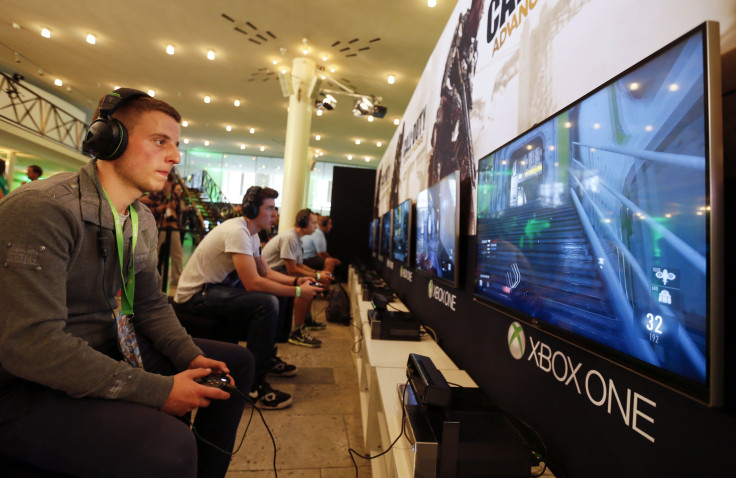Energy Drink Companies Target Gamers As A New Marketing Strategy

Energy drink companies have a new target and that is the gamers, the group mainly consisting of teenagers who spend maximum of their time on Xbox and gaming consoles. Amidst constant security and controversy for its high-sugar, high-caffeine content, the energy drink manufactures have shifted gears in terms of its branding.
The video promoting a powdered energy drink called G Fuel, titled as “Introducing Blood Orange” shows two popular video gamers dressed in black T-shirts while posing as snipers with real semi-automatic guns at an outdoor range, blasting orbs of fruit and cups of deep orange liquid in ultra-slow motion. What followed after the release of it was a horde of online followers from hard-core gamers to middle-schoolers on Xboxes ordering tubs and tubs of it. The energy drink company is marketing the drink as a “secret sauce to enhance focus and endurance for virtual battles.” Now, it can be easily said that the relationship between the video game community and energy drinks is growing stronger.
While acquiring different publicity gimmicks to promote the product, one maker promises that its drink enhances brain energy while the other promotes its product as a natural Adderall. However, there are companies like Red Bull, Rock Star and Monster who have voluntarily agreed to not market the product to children below 12 years of age keeping in mind the adverse side effects that are publicly associated with the drinks.
A report release this year has come up with names of companies that continue to market their product to teenagers, who have developing brains and bodies.
Michael Taylor, deputy commissioner for foods and veterinary medicine at the FDA is of the opinion that "Sales of caffeinated energy drinks have grown dramatically without adequate consideration of the cumulative intake of caffeine by teens and adolescents and, due to the law governing food additives, without any premarket review by FDA."
According to an adolescent-medicine specialist from Greenwich, Connecticut, Dr. Marcie Schneider, the matter of concern is that most parents are unable to recognize the dangers of the drinks. She says “I feel like we have a better sense of how many kids are smoking pot than how many kids are using energy drinks,” Schneider said.
She is one of two lead authors of a study carried out at the American Academy of Pediatrics which indicated that children and adolescents should not be consuming energy drinks because of its adverse health effects such as caffeine’s potential to disturb sleeping patterns, increase heart rates and slow brain development.
To contact the writer, email:ruchira.dhoke@gmail.com






